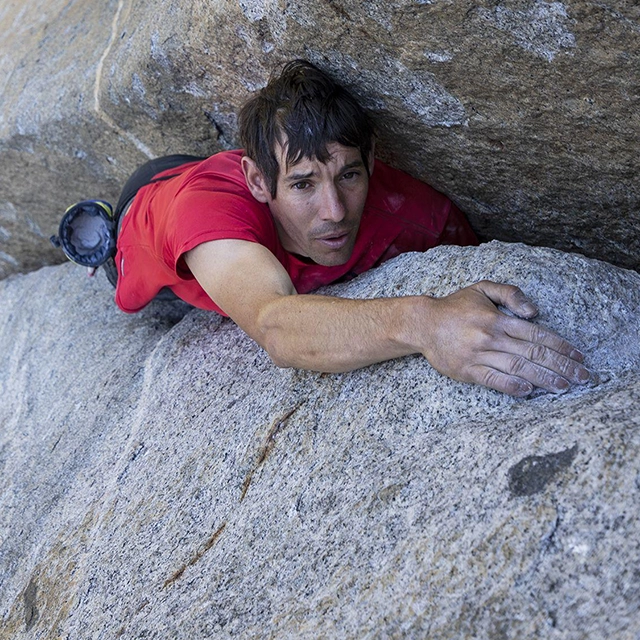
Watching the American Alex Honnold perched on the skyscraper tower in Taipei—508 meters high—immediately carried me to the image of King Kong. With one difference: the latter has an intellectual author, the filmmaker Merian C. Cooper, who directed the original 1933 film alongside Ernest B. Schoedsack for RKO Radio Pictures...

Perhaps since the beginning of time, yet within the landscape of contemporary visual culture, polemic, interpellation, and reply operate as devices of symbolic production that act directly upon the processes of meaning and the circulation of images. These controversies, or provocations—beyond merely situating themselves within a context that already shapes the imago—become structuring agents that reconfigure spaces of reading, disarticulate iconographic hierarchies, and redefine interpretive frameworks.

It is 18 degrees in Cincinnati right now—remarkably close to the record high for a December 26: 20 degrees Celsius, registered in 2016. No snow. It would be tempting to invoke climate change if I were looking for a quarrel, but I’ve just come off several days of snow. I lack serious arguments to do so. Snow is beautiful, as are snow-covered landscapes—especially when the sun is out and the air stands still.
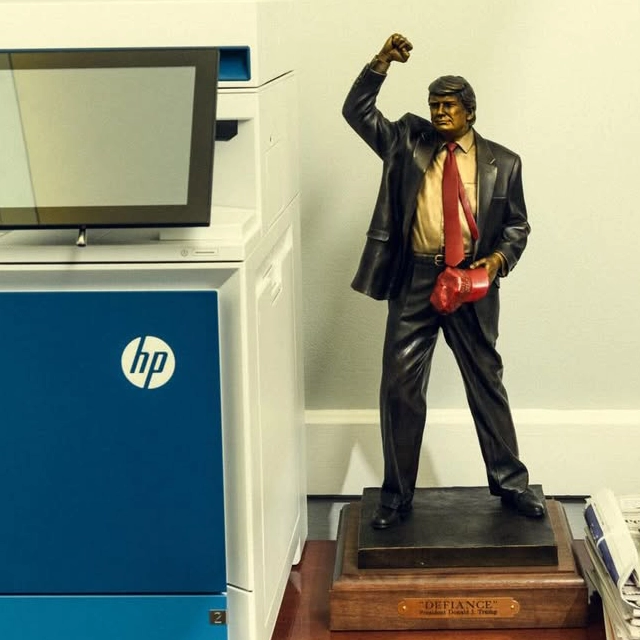
Sargon of Akkad’s grandson was born hunchbacked. His grandfather had raised the first known empire, anchored in the lands of ancient Mesopotamia. He was fond of the boy, and let him do whatever he pleased. When he strode peacock-proud through the palace corridors, the servants—because of his short stature—bowed as he passed. And so his most recurrent vision became an endless rosary of crowns: some hairy, others smooth and shining. It gave him an utterly distorted view of life. Today’s grandchildren are not all that different.

Trying to find something even mildly interesting on the platforms for a quiet December night, I stop at what appears to be the latest cinematic version of the mythical Superman. I read that it was written and directed by James Gunn and released last July, just this past summer. I also note that it has enjoyed a favorable reception from both critics and audiences. A commercial success, in fact—the highest-grossing solo Superman film in the United States among those that place the superhero at the absolute center.
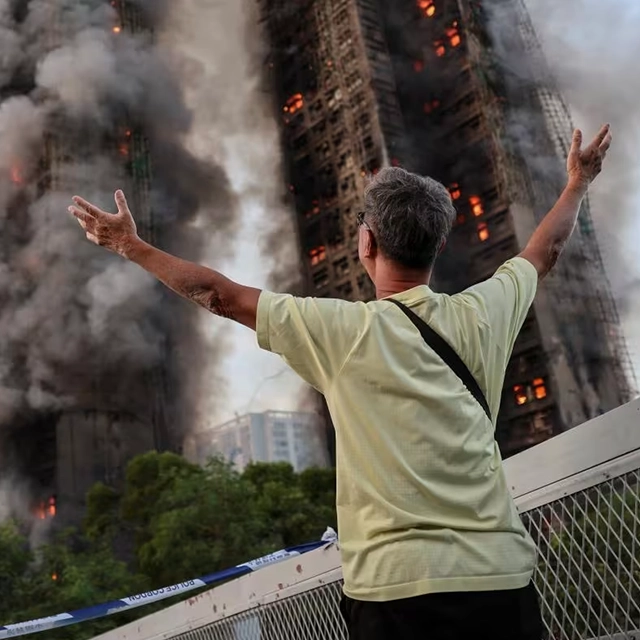
Over the past two weeks, I have seen this photograph reproduced again and again across an overwhelming number of news outlets. I cannot say it impresses me from a technical standpoint—far from it. And yet it unsettles me in a way very little manages to these days. It is likely to be chosen among the year’s most striking images. Even if it isn’t, it already belongs to my private selection.
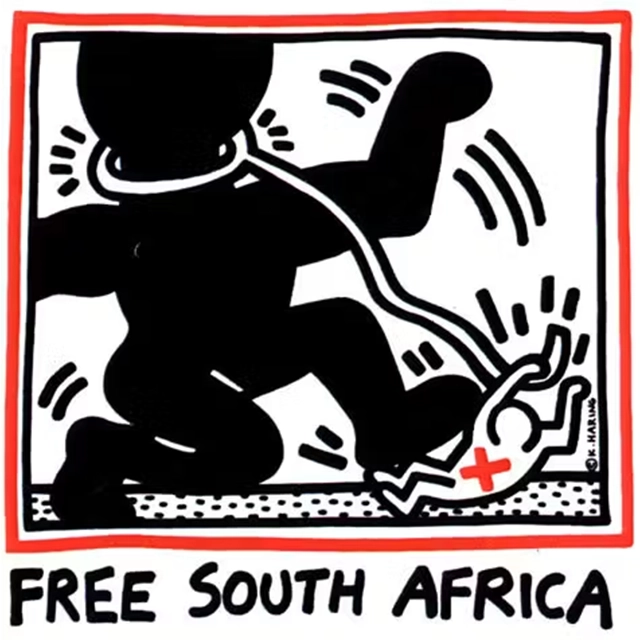
I have a rough idea of where New Zealand is on the map. And I’m quite pleased not to know it with any greater precision; in that vagueness, the place remains slightly mysterious, a little enigmatic. Even there —so far from what we consider the heart of the planet, which is our apartment— events unfold that feel uncannily familiar. My grandmother Jacinta used to say: En tolos sitios cuecen fabes… y dalgunes, hasta les quemen. (Everywhere, the same dramas simmer)
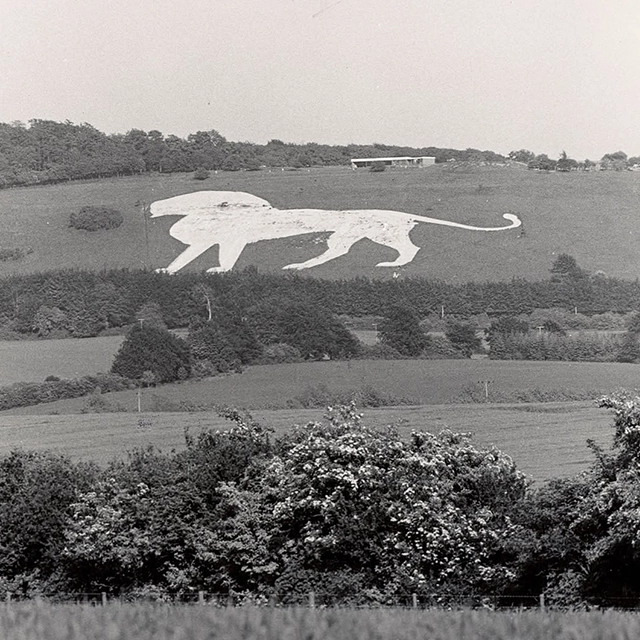
Many of us love stories about extraterrestrials. Enjoyable, measured, tinged with mystery. For some, though, they become a feverish fixation. They comb the internet the way people once prowled libraries, hunting for hidden messages, for the codes and arcana exchanged in some shadowy dimension—guardians of the secrets.
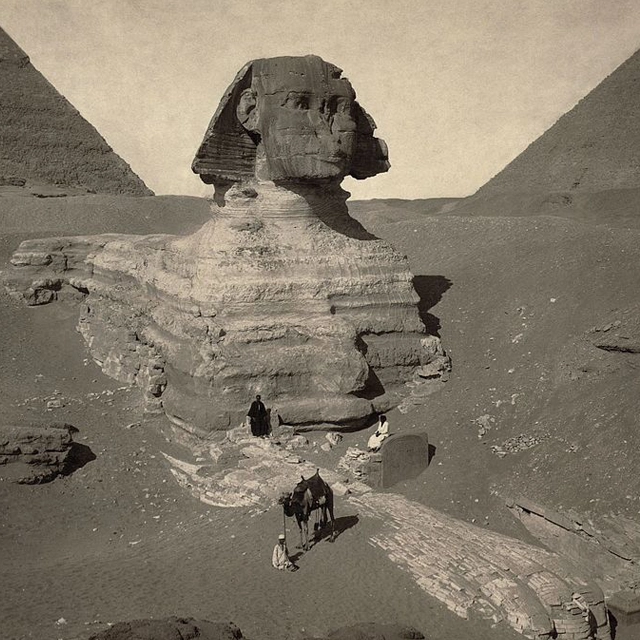
It’s not going to happen, of course, but let us imagine that, suddenly, the Egyptian people —not in an Arab spring but in an Arab autumn— decide that their past is shameful, that all its physical evidence, its traces and monuments, must be erased. They rush with torches along the western bank of the Nile —the shore of the dead: Giza, Saqqara, Luxor, Thebes, Abu Simbel— in a near-telluric frenzy of destruction, intent on rewriting history from the point of view of the oppressed, of those first laborers, bakers, and scribes